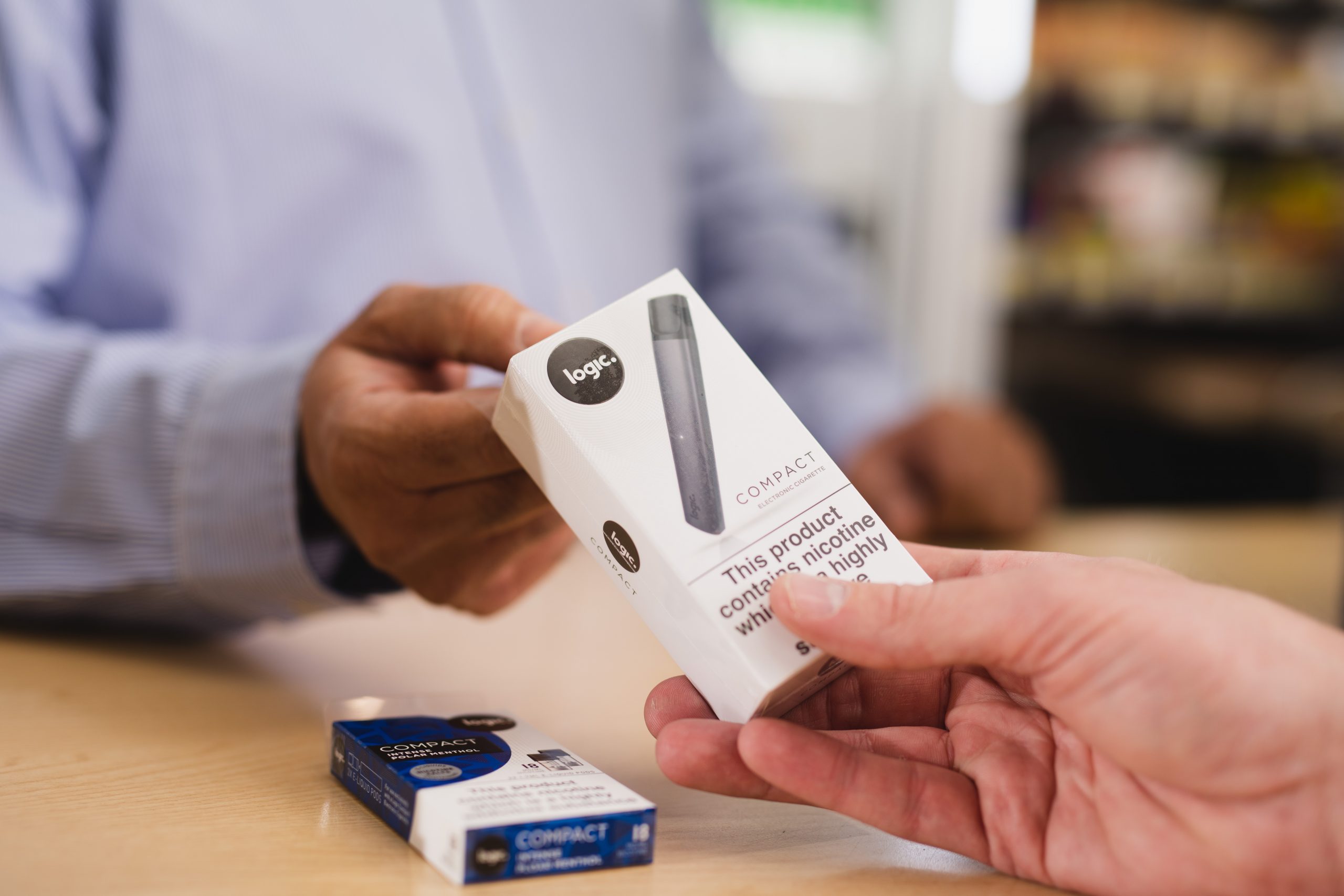What’s in store for flavours as US denies marketing of Logic’s menthol products
October 28, 2022

By Kiran Paul
The US Food and Drug Administration (FDA) has on Tuesday issued marketing denial orders for menthol-flavoured e-cigarette products by Logic Technology Development, a subsidiary of JTI.
The products affected include the Logic Pro Menthol e-Liquid Package and Logic Power Menthol e-Liquid Package. These are the first menthol e-cigarette products to receive a marketing decision based on a full scientific review from the FDA.
“Ensuring new tobacco products undergo premarket evaluation is a critical part of the FDA’s work to reduce tobacco-related disease and death,” said Brian King, director of the FDA’s Center for Tobacco Products. “We remain committed to evaluating new tobacco products based on a public health standard that considers the risks and benefits of the tobacco product to the population as a whole.”
After reviewing the company’s premarket tobacco product applications (PMTAs), the FDA said the evidence provided within the application does not demonstrate that these menthol-flavored e-cigarettes are more effective in promoting “complete switching or significant cigarette use reduction” relative to tobacco-flavored e-cigarettes among adult smokers.
Logic has the option to resubmit applications or submit new applications to address the deficiencies.
FDA further clarified that the marketing denial order is not limited to the named two products, as the agency only reveals the products that an applicant is marketing to avoid potential disclosure of confidential commercial information.
In March, the FDA authorised several tobacco-flavored e-cigarette products from the company under the Logic Vapeleaf, Logic Power and Logic Pro brands, including devices. To date, the agency has authorised 23 tobacco-flavored e-cigarette products and devices.

Commenting, Dr. Nveed Chaudhary, chief scientific and regulatory officer at the contract research organisation Broughton, said the latest FDA move should not be seen as the ‘beginning of the end’ of menthol and non-tobacco flavoured e-cigarettes.
“I think the important point to note is that flavors are not ‘banned’ in the US. There is simply a higher bar set for flavours compared to tobacco,” he pointed out. “This is driven by the youth epidemic that hit the US in 2018 and 2019, when a significant increase in the youth usage of e-cigarettes became apparent, specifically driven by flavoured e-cigarettes.”
In a statement, the FDA cited “a known and substantial risk with regard to youth appeal, uptake and use” from non-tobacco-flavored e-cigarettes as the major reason for denying the marketing authorisation.
Recent data from the 2022 National Youth Tobacco Survey found most (84.9%) youth who used e-cigarettes in the past 30 days used non-tobacco-flavored e-cigarettes, and of them, 26.6 per cent used menthol-flavored e-cigarettes.
Additionally, data indicate tobacco-flavored e-cigarettes do not have the same appeal to youth and therefore do not pose the same degree of risk of youth uptake.
“The FDA conducts a rigorous, scientific review of submitted premarket tobacco product applications, evaluating the data for each product to determine if it meets the public health standard,” said Dr. King. “In this case, the applicant did not provide sufficient scientific evidence to show that the potential benefit to adult smokers outweighs the risks to youth.”
Flavours on regulatory radar
Vape flavours have been under increasing regulatory scrutiny in Europe also. Seven European countries have passed flavor bans, with some yet to take effect. Ireland is currently considering a vaping flavor ban and the EU Commission have recently announced a plan to ban the sale of all flavoured heated tobacco products. In Sweden, the government proposal for a ban on vape flavours has been rejected by the parliament in June.
However, Dr. Chaudhary told Vape Business that this should not be a major concern for the UK vape sector, as the government policy here is ‘more pragmatic’ and the chance for a youth epidemic as seen in the US is minimal.
“Having spoken to the right honourable Adam Afriyie MP, vice chair of the All Party Parliamentary Committee on Vaping on Monday, it is clear that the view is much more pragmatic. The UK government and the Khan Review both strongly support the use of e-cigarettes as part of the UK’s 2030 smokefree target,” he said.
“There is some protection afforded by the TPD limit of 20mg/ml nicotine, which means that the abuse liability or ‘addictiveness’ is lower in the UK. The products that drove the youth epidemic in the US were a combination of high nicotine strengths and candy/fruit flavors.”
At the same time, he suggested some measures are in order to make the flavours less appealing to youth.
“I do not think that the UK will ban flavours, rather they might (and should) enforce standards on naming conventions for flavours to make them less appealing to youth. I can imagine a situation whereby a name like ‘Blue Bubblegum’ will not be allowed but will need to be replaced with something like ‘Blue Fruit’,” he said.
